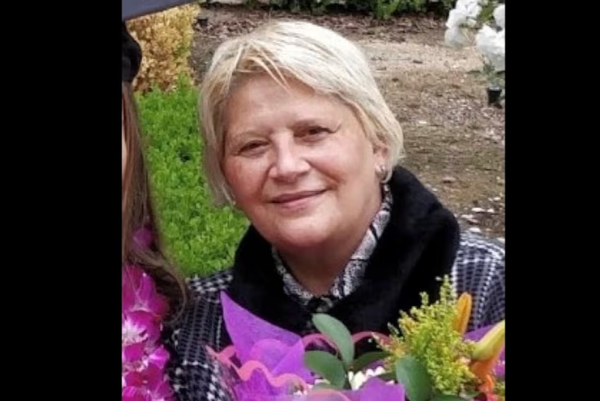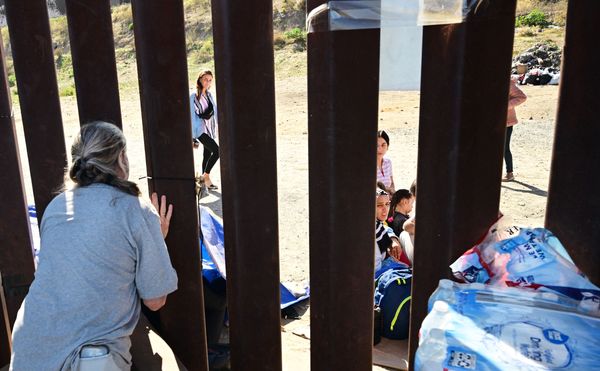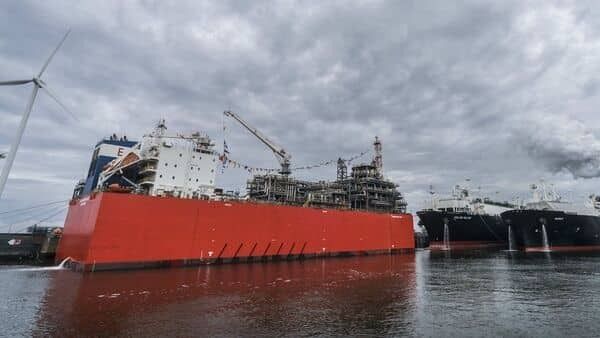
The EU executive is retreating from imposing a price cap on Russian gas, but pushing ahead with windfall taxes on energy company “surplus” profits, according to a leaked document.
A draft regulation on the “electricity emergency tool” seen by the Guardian contains neither a price cap on Russian gas nor on imported gas, after member states were unable to agree on restrictions last week. The EU is expected to levy windfall taxes on the high profits of fossil fuel companies, with a separate cap on revenues of low-carbon electricity producers.
The European Commission president, Ursula von der Leyen, is expected to publish Europe’s plan on dealing with surging electricity prices when she makes her annual state of the union speech on Wednesday.
The final text could still change, but the draft reveals the Commission’s doubts over gaining enough support from EU member states for its preferred option of putting a cap on Russian gas in response to what it has called the Kremlin’s weaponisation of supply.
EU member states that import large amounts of gas from Russia, including Hungary, Slovakia and Austria, have spoken out against a cap on Russian gas because they fear the Kremlin would halt all gas flows, plunging their countries into recession. The Russian president, Vladimir Putin, has already threatened to halt energy exports to Europe if such a plan is agreed.
About a dozen countries, including France and Poland, would like to impose a price cap on all imported gas, which they see as a better way to curb surging prices. The Commission is unenthusiastic about this idea, because it fears the EU would lose out to countries prepared to pay more in the highly competitive market for liquefied natural gas.
The Netherlands and Denmark are wary of any price cap, while Germany fears a price cap on Russian gas would be divisive.
With member states divided, the Commission, which is responsible for drafting EU legal proposals, is pursuing measures that unite the 27-member club. EU governments are largely supportive of capping the price of electricity from low carbon sources, such as renewables or nuclear, and recycling these funds to vulnerable households and businesses.
Oil and gas companies will face a separate windfall tax, described as a “solidarity contribution”. In the leaked paper, the commission estimates that there will be a fivefold increase in oil, gas and coal companies’ profits in 2022. These “surplus” and “unexpected” profits, do not result from any economic or investment choices, states the commission, but “unpredictable developments in the energy markets following the ongoing illegal war in Ukraine”. No rate for the windfall tax is proposed in the text.
Member states are also called on to agree a binding target to reduce electricity use during peak hours, although no number has been proposed.
Europe was grappling with surging gas prices even before the war in Ukraine. Constraints on supply have been compounded by the record-breaking dry summer of 2022 that has pushed up demand for air-conditioning, while reducing hydropower from rivers and reservoirs. Adding to the strain, half of France’s ageing fleet of nuclear reactors have been forced offline because of safety issues, reversing the country’s traditional role as exporter of electricity to its neighbours.










